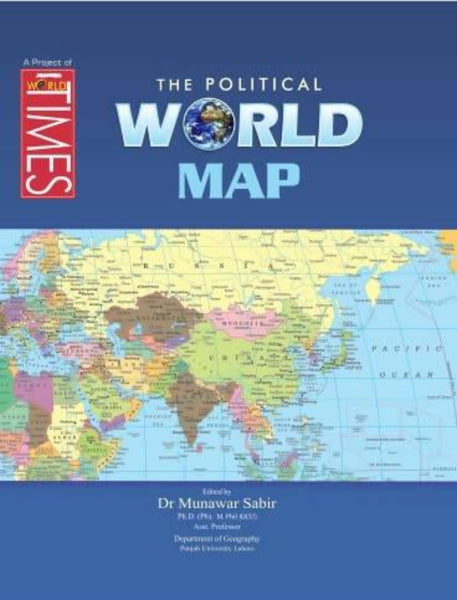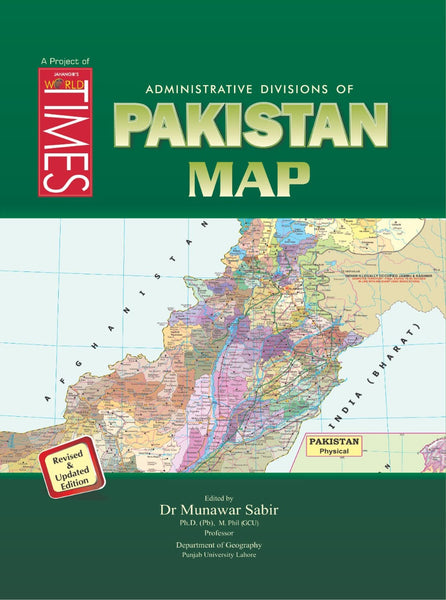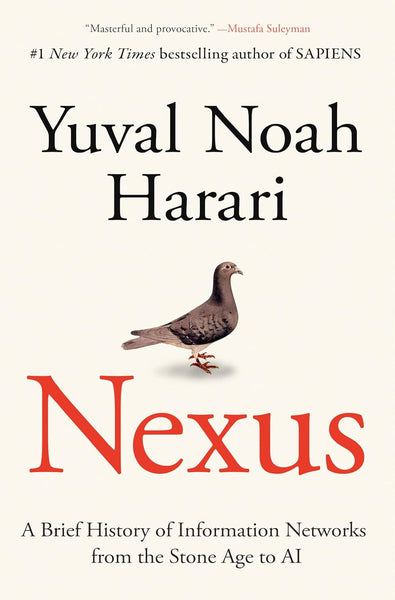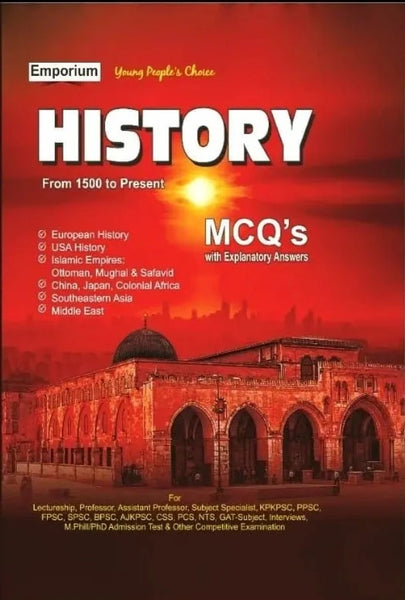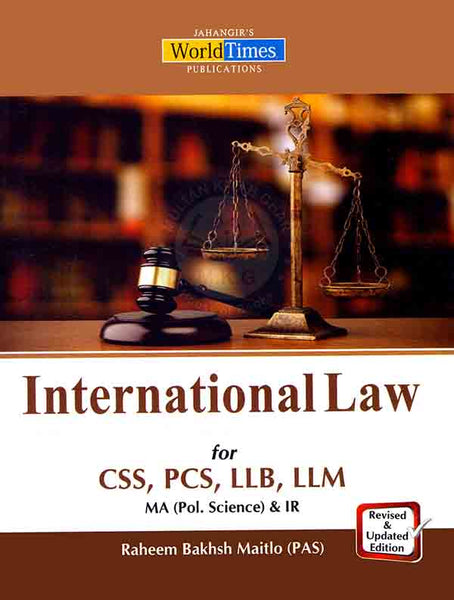India After Gandhi: A History by Ramachandra Guha (Author)
- Publisher: HISTORY
- Availability: In Stock
- SKU: 57018
Rs.1,990.00
Rs.2,595.00
Tags: affordable prices , best books , Best Price , best prices , best shop , bookshop , bookshop Multan , bookshop online , bookshop online Multan , bookshopPakistan , buy online books , Gandhi’s Legacy in Modern India , good books , good booksonline , History of Independent India , History of Indian States , India After Gandhi , India's First Fifty Years , India's Journey to Democracy , Indian Democracy Development , Indian Economic Growth , Indian Education and Innovation , Indian Global Influence , Indian History 1947-2000 , Indian Nationalism and Independence , Indian Politics Since Independence , Indian Social Changes , Indian Society and Diversity , India’s Constitutional Journey , India’s Cultural Identity , India’s Developmental Challenges , India’s Economic Transformation , India’s Foreign Policy , India’s Independence Movement , India’s Leadership Post-Gandhi , India’s Political Challenges , India’s Political Evolution , India’s Political Institutions , India’s Social and Economic Inequality , India’s Struggle for Unity , Modern Indian History , National Integration in India , one stop shop , online books store , Online Bookshop , Online Bookshop Pakistan , online shopping , Online Shopping Pakistan , OnlineShoppingPakistan , Pakistan Bookshop , PakistanBookshop , PakistanOnlineShopping , Partition of India and Its Aftermath , Political History of India , Post-Gandhi Indian Politics , Post-Independence India , price cut , price-friendly Comprehensive , Ramachandra Guha India , ReasonablePrice , reduced price , Role of Religion in Post-Independence India , Shopping , ShopSmartPakistan , Social Reforms in India
India After Gandhi: A History by Ramachandra Guha is a comprehensive account of India's history following its independence in 1947. The book explores the political, social, and economic transformations that shaped the nation, examining the complex challenges India faced as it emerged from British colonial rule. Guha delves into the country's efforts to build a democratic society, manage its diverse cultures, religions, and languages, and establish its identity on the global stage. With a detailed narrative, the book covers key events such as the partition of India, the rise of political leaders like Jawaharlal Nehru, and the development of key institutions. Guha also highlights the struggles with poverty, communal violence, and regional disparities, alongside the triumphs of India’s democratic resilience and economic progress. The book provides not just a chronological account, but also offers deep insights into the lives and legacies of those who influenced modern India.
Keypoints:
-
Post-Independence India: The book provides a thorough analysis of India's political, social, and economic conditions after gaining independence from British rule in 1947.
-
Partition and its Impact: Guha explores the consequences of the partition of India in 1947, which caused mass migration, violence, and lasting tensions between India and Pakistan.
-
Role of Key Leaders: The book focuses on the pivotal roles played by figures like Jawaharlal Nehru, Sardar Patel, and Indira Gandhi in shaping the direction of the country.
-
Democratic Struggles: India’s experiment with democracy, despite numerous challenges such as corruption, caste-based discrimination, and regional unrest, is a central theme of the book.
-
Economic Transformation: Guha discusses India’s economic policies, the shift from a largely agrarian economy to an industrializing one, and the struggles associated with poverty and inequality.
-
Religious and Cultural Diversity: The book highlights India's vast religious and cultural diversity and how it was managed in a democratic framework, including challenges related to communal violence.
-
India's Foreign Relations: Guha touches upon India’s role on the international stage, including its stance on global conflicts, alliances, and leadership in the Non-Aligned Movement.
-
Rise of Regionalism: The book examines the rise of regional political parties and movements, and their influence on national politics.
-
Social Reform and Movements: The narrative also covers the social reform movements that sought to address issues like untouchability, women's rights, and land reforms.
-
India's Resilience and Growth: Despite its challenges, India’s resilience as a democracy and its economic growth, particularly post-liberalization, are key points Guha emphasizes.
Conclusion:
India After Gandhi by Ramachandra Guha is a masterful exploration of modern India’s complex journey post-independence. With its deep historical context and rich narrative, the book offers invaluable insights into the country’s political evolution, social issues, and economic development. Guha's balanced perspective captures both the triumphs and struggles of the world’s largest democracy, making it an essential read for anyone seeking to understand the intricacies of India’s modern history.
════ ⋆★⋆ ═══
Writer ✤ Ramachandra Guha (Author)



